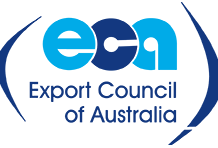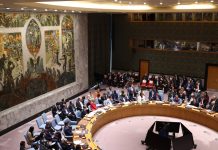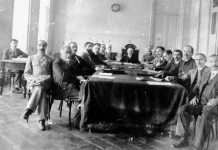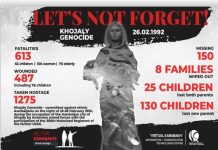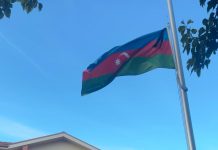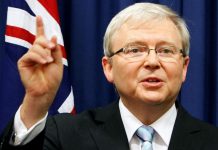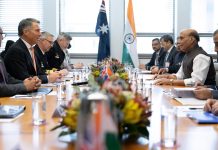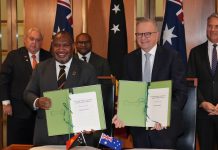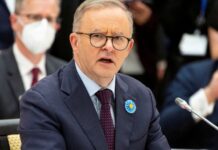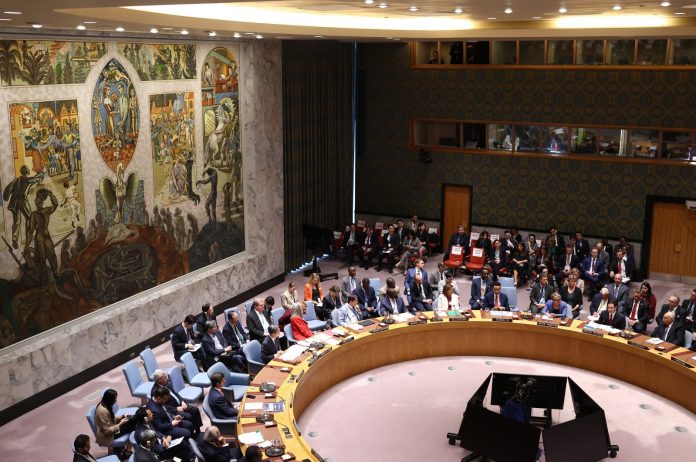CANBERRA – In a move hailed as a “game changer” for a decades-old regional dispute, the United Nations Security Council has formally endorsed Morocco’s Autonomy Plan as the basis for all future negotiations on the status of the Western Sahara.
The resolution, adopted on October 31, 2025, represents a significant diplomatic victory for Morocco and fundamentally reshapes the international approach to the conflict, pivoting from a legacy of stalemate towards a solution under Moroccan sovereignty.
The resolution, numbered 2797 and led by the United States, renews the mandate of the UN peacekeeping mission, MINURSO, for another year. Crucially, it passed with strong support, receiving 11 votes in favour. Three nations – China, Pakistan, and the Russian Federation – abstained, while Algeria, a key party to the dispute, did not participate in the vote.

The analysts have described the vote as irreversible and a historic turning point that disrupts the stalemate concerning the Sahara issue.
At the heart of the resolution is its “full support” for the UN Secretary-General to facilitate negotiations “taking as basis Morocco’s Autonomy Proposal.” The Council called on all parties to engage “without preconditions” to achieve a “mutually acceptable political solution” that provides for self-determination for the people of the region within the framework of Moroccan sovereignty.
The resolution explicitly recognises that “genuine autonomy could represent a most feasible outcome,” marking a dramatic shift in the UN’s stance after nearly half a century of deadlock.
The United States, which drafted the text, welcomed the “historic vote.” The US representative urged all parties to engage in serious discussions, using Morocco’s “credible and realistic” proposal as “the only basis for a just and lasting solution.” The US confirmed its readiness to actively support and facilitate these UN-led negotiations.
A Multi-Level “Turning Point”
UN Security Council resolution represents a fundamental redefinition of the issue on several fronts:
- Politically, it signals an “era of international recognition of the Moroccan Sahara,” reframing the dispute from a separatist conflict to a question of integration within Morocco’s national framework.
- Legally, it reinterprets the concept of self-determination, positioning it not as an automatic right to independence but as political participation and autonomy within a sovereign state.
- Diplomatically, it provides Morocco with unprecedented influence, solidifying its partnership with the US and opening new economic prospects for the region.
The resolution is seen as the culmination of Morocco’s sustained diplomatic efforts, which have been presented as a “serious and credible” path to peace and stability in North Africa. For the international community, and now formally for the UN Security Council, Morocco’s 2007 Autonomy Plan has been cemented as the most viable roadmap to resolve one of the world’s most protracted conflicts.







